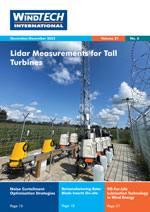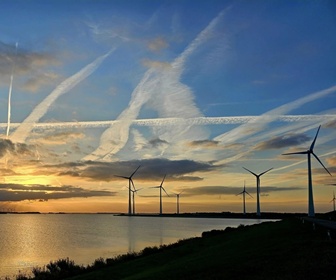The U.S. Department of Transportation (USDOT) and the Maritime Administration (MARAD) have withdrawn or terminated a total of $679 million in funding for twelve offshore wind projects. The decision follows a review of discretionary grant programmes and reflects a shift in priorities toward maritime infrastructure, shipbuilding capacity, and core port improvements.
Transportation Secretary Sean P. Duffy said the projects were not fully aligned with current administration goals and that reallocating funds could better support the nation’s maritime industry and infrastructure needs. Funding from the affected projects will be recompeted where possible to support port upgrades and other critical infrastructure.
The withdrawn and terminated projects include a mix of port development and offshore wind logistics initiatives. Within the Port Infrastructure Development Program (PIDP), withdrawn projects included the Sparrows Point Steel Marshalling Port Project ($47.39 million), the Bridgeport Port Authority Operations and Maintenance Wind Port Project ($10.53 million), the Wind Port at Paulsboro ($20.49 million), the Arthur Kill Terminal ($48.01 million), Gateway Upgrades for Access, Resiliency and Development at the Port of Davisville ($11.25 million), and the Norfolk Offshore Wind Logistics Port ($39.27 million). The Nationally Significant Freight and Highway Projects (INFRA) program also saw the withdrawal of the Humboldt Bay Offshore Wind project ($426.72 million).
PIDP-funded projects that were terminated included Redwood Marine Terminal Project Planning ($8.67 million), the Salem Wind Port Project ($33.84 million), the Lake Erie Renewable Energy Resilience Project ($11.05 million), Radio Island Rail Improvements in Support of Offshore Wind ($1.68 million), and PMT Offshore Wind Development ($20 million).
This action is part of a broader strategy to refocus federal support on traditional energy sources, domestic maritime operations, and the utilisation of national resources, while reducing investment in certain offshore wind developments.








